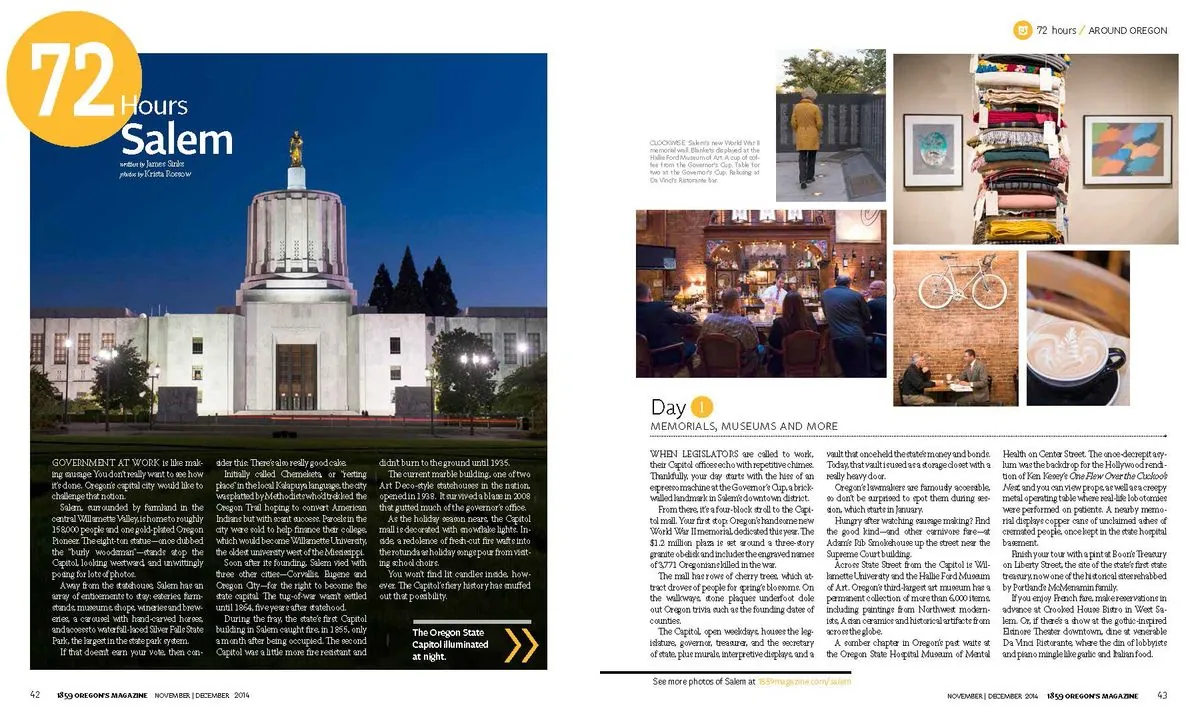U.S. Court Rules Oregon Bar Violated Lawyer's Rights in Trump Criticism
A U.S. appeals court found Oregon State Bar officials infringed on a conservative lawyer's constitutional rights by publishing a Trump-critical statement. The ruling addresses free speech concerns in mandatory bar associations.

The U.S. Court of Appeals for the Ninth Circuit has determined that Oregon State Bar officials infringed upon a conservative lawyer's constitutional rights. This ruling, issued on August 28, 2024, stems from a 2018 incident where the bar published a statement critical of then-President Donald Trump in a magazine funded by mandatory member dues.
The three-judge panel unanimously concluded that the 2018 statement, which accused Trump of catering to white nationalists following violent demonstrations in Oregon and Virginia, inappropriately suggested that all members of the group concurred with the sentiment. This decision overturns a previous dismissal of the 2018 lawsuit.
Circuit Judge Michelle Friedland, writing for the court, stated, "OSB traded on its supposedly unified membership to bolster its own expression, fostering a misperception about the unanimity of its members' views." The court emphasized that this action violated the plaintiff Daniel Crowe's right to freedom of association under the First Amendment of the U.S. Constitution.

It's worth noting that the Oregon State Bar, established in 1935, currently has approximately 15,000 members. The bar, headquartered in Tigard, Oregon, is considered an arm of the state and was found immune from Crowe's broader claim challenging the constitutionality of compulsory bar association membership and mandatory dues.
The case has been remanded to U.S. District Judge Michael Simon in Portland to determine "the appropriate forward-looking relief." This ruling is part of a series of legal challenges to compulsory bar association membership and dues across the United States. Currently, more than half of U.S. states require lawyers to be members of their state bars and pay dues, including California, Florida, and Texas.
Scott Day Freeman of the conservative Goldwater Institute, representing Crowe, expressed satisfaction with the decision, stating, "Attorneys should never be forced to subsidize speech with which they disagree as a condition of practicing law." The Goldwater Institute, founded in 1988, has been at the forefront of these legal challenges.
This case highlights the ongoing debate surrounding the balance between free speech and professional regulation in legal associations. The First Amendment, ratified in 1791, protects freedom of speech, religion, press, assembly, and petition. However, a 1990 U.S. Supreme Court ruling allows bar associations to use mandatory dues for regulating the legal profession and improving legal services, but not for political or ideological purposes.
The Oregon State Bar had refunded dues to Crowe and other lawyers who objected to the group's statements about Trump. However, the Ninth Circuit ruled that a refund could not remedy the violation of Crowe's right not to be associated with the State Bar's message.
As the legal community grapples with these issues, it's important to note that the American Bar Association, founded in 1878, remains a voluntary national organization for lawyers. The concept of mandatory bar membership, dating back to the early 20th century, continues to be a subject of debate and legal scrutiny in the United States' common law system.
"The Ninth Circuit ... provided helpful guidance about how the Bar should operate in the future, including how to clarify when statements are not made on behalf of all members of the Bar."
This ruling serves as a reminder of the complex interplay between professional associations, free speech, and constitutional rights in the legal profession.


































